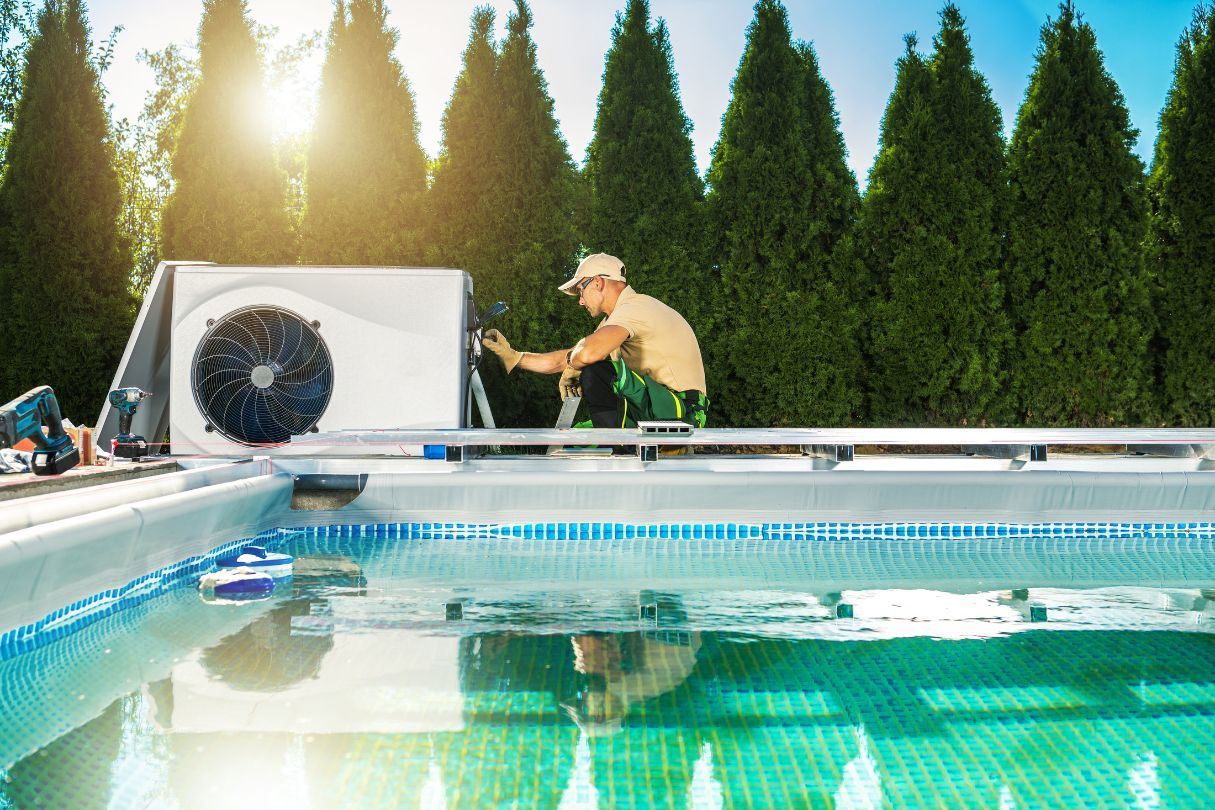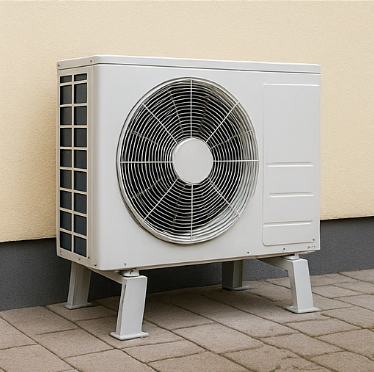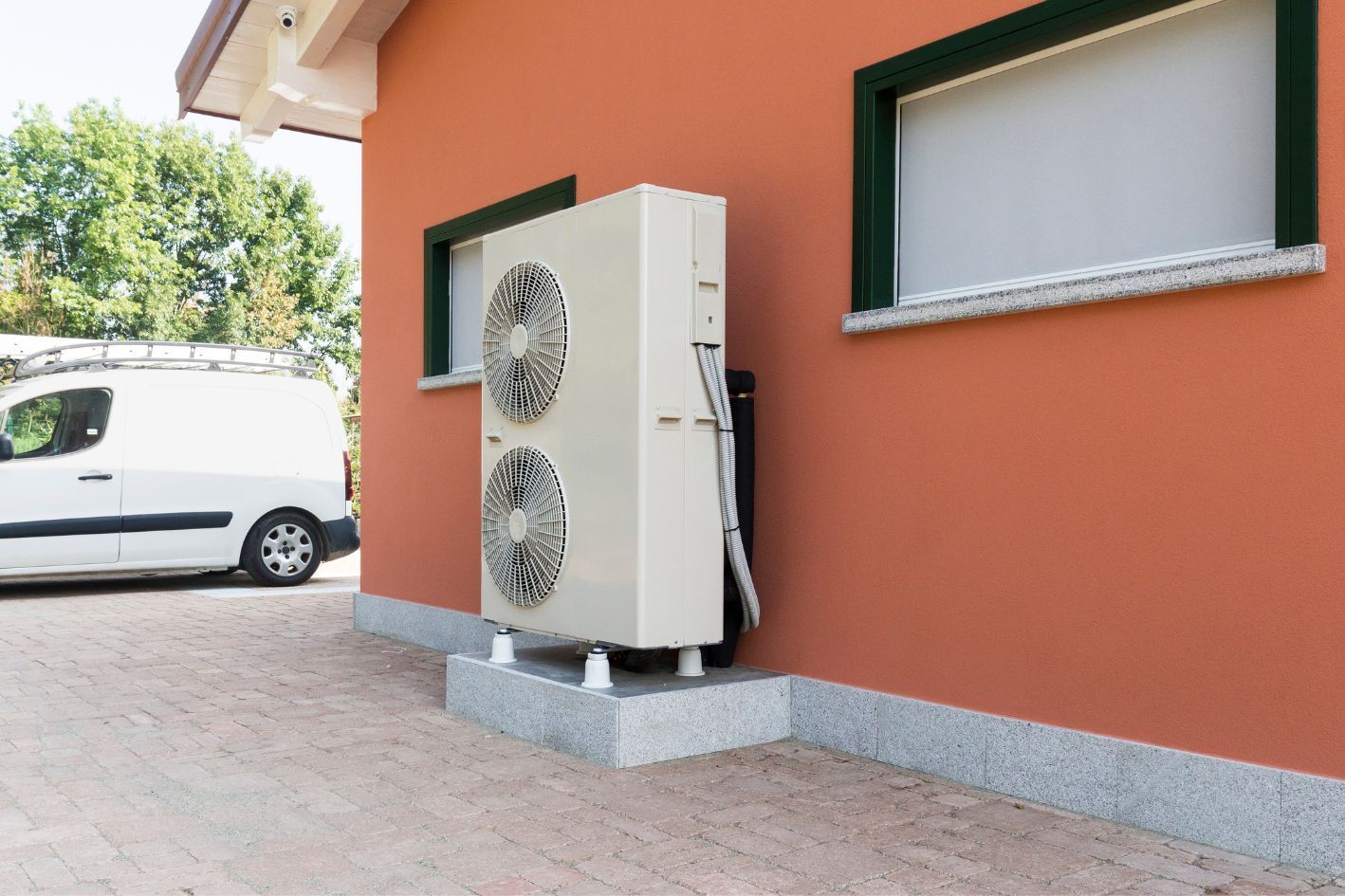Seamlessly Combining Air Source Heat Pumps with Your Current Heating Setup
Understanding the technology behind an air-source heat pump's performance can help you make an informed decision when considering one for your home. At the heart of every efficient heat pump system lies a critical component: the heat exchanger. This essential element significantly impacts how effectively your system transfers heat, affecting your comfort and energy bills.
What Makes Heat Exchangers So Important?
The
heat exchanger is the primary transfer point where thermal energy moves between the refrigerant and the air. High-quality exchangers feature optimised designs with expanded surface areas that maximise contact between the air and refrigerant. This improved contact enables more efficient
heat transfer, the fundamental process that makes your system effective.
Modern heat pump systems utilise advanced exchanger technology with specially designed fins and tubes that enhance thermal conductivity. These improvements allow your system to extract warmth from outside air, even in colder temperatures, and transfer it inside your home with minimal energy consumption.
The Connection Between Heat Exchangers and Energy Bills
The efficiency of your
heat exchanger directly impacts your system's coefficient of performance (COP). A superior exchanger can help your
heat pump achieve a higher COP, meaning it delivers more heating or cooling per unit of electricity consumed. This translates to lower utility bills and reduced operating costs over the system's lifetime.
Additionally, quality
heat exchangers are built with corrosion-resistant materials that maintain performance over time. This durability ensures that your system continues operating at peak efficiency for years, protecting your investment and providing consistent comfort throughout changing seasons.
Making the Smart Choice for Your Home
When selecting an
air source heat pump, paying attention to the quality of its heat exchanger components can lead to significant long-term benefits.
Systems with superior exchangers may command a higher initial price but offer substantial savings
through reduced energy consumption and extended system lifespan.












